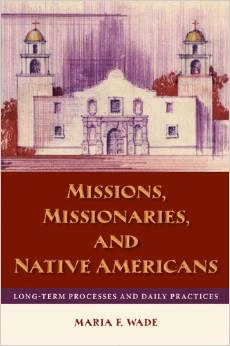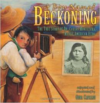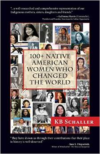Description
“Provides an astute, in-depth historical comparison and analysis of changing mission strategies and the practical operation of Spanish Jesuit and Franciscan missions in California, Texas, Florida, Coahuila, Nuevo Leon, and Northeast Mexico from the sixteenth until the late eighteenth century. . . . Highly recommended.”–“Choice””An integrative approach, utilizing historical sources to tease out the question of what Native Americans actually did in a Spanish mission, as well as the more difficult questions of why and to what effect.”–“Missiology” “A skillful and insightful synthesis of the experience of native peoples living in missions in northern Mexico and Florida that goes beyond a narrative approach. Wade explains why native peoples accepted or rejected missionaries, and how native peoples lived.”–Robert H. Jackson, author of “Missions and Frontiers of Spanish America” “A volume that will be a valuable addition to the library of all students of the Spanish colonial world. It will serve as a standard reference on the missionary efforts of Spanish colonial North America for decades to come.”–Russell K. Skowronek, Santa Clara University With cogent analysis of archaeological records, Maria Wade addresses the long-term processes of development of the mission as an institution. Maria F. Wade, associate professor of anthropology at the University of Texas at Austin, is author of “The Native Americans of the Texas Edwards Plateau, 1582-1799.”






Reviews
There are no reviews yet.